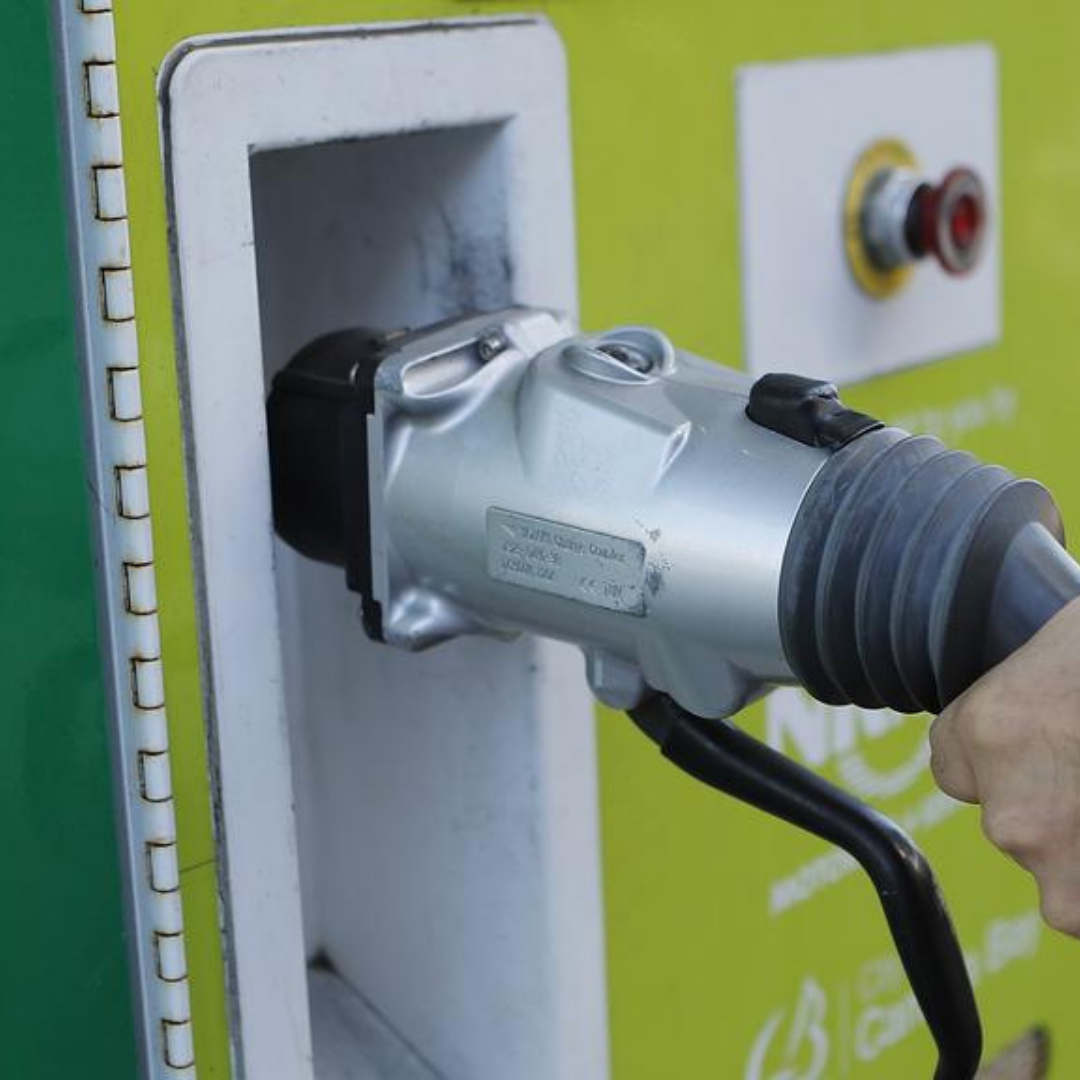Australia’s peak motoring body seized on the data, saying the end of the fuel tax discount in September was the best time to consider a distance-based charge on electric cars.
In Victoria, electric vehicle owners have paid 2.5 cents per kilometre since July 1 last year, while being given a $100 discount on registration. But in NSW, a similar charge has been delayed until 2027 or until electric vehicles make up 30 per cent of new car sales. Australian Automobile Association managing director Michael Bradley told the Herald Sun the end of the 22-cent fuel excise discount was a chance to consider whether taxing fuel was still “the smartest way to pay for our roads”. “Even before EVs came along, fuel excise was unfair, but now it’s also unsustainable as increasingly fuel-efficient cars and new technologies reduce revenue,” he said. “EV numbers are only going to increase, and we need to hurry up and establish a national road user charge that appropriately captures all vehicles,” Mr Bradley said. The Electric Vehicle Council argues a tax on electric cars is a “tax on clean air” that will stifle economic opportunity. The Tesla Model S costs at least $133,175, while the Model 3 starts at $66,900. The cheaper Nissan LEAF, worth at least $49,990, is most popular in the Tasmanian seat of Clark, where there are 49 on the road. Herald Sun analysis found the combined number of Tesla Model S, Model 3 and Nissan LEAFs was in single figures in the Queensland seats of Flynn and Capricornia, Lyons in Tasmania, Riverina in NSW, and Grey in South Australia.
0 Comments
Leave a Reply. |
NewsDRIVE NOW reports on various topics regarding the Archives
December 2022
Categories
All
|
DRIVE NOW Magazine is published by Trade Promotions Pty Ltd, Ashwood VIC Australia. © 2022 DRIVE NOW |


 RSS Feed
RSS Feed